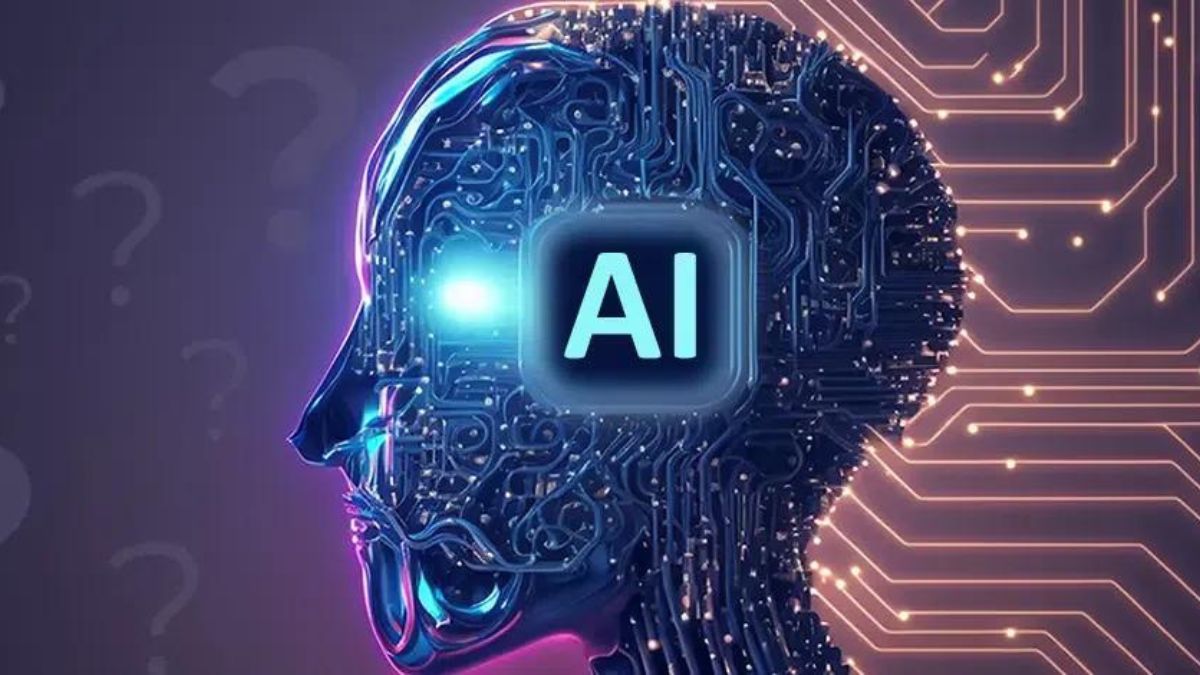The European Union’s Digital Market Act (DMA) has come into force, bringing significant changes to US technologycompanies and EU consumers.
For big tech companies:
– American tech companies such as Alphabet, Amazon, Apple, Meta, Microsoft and ByteDance have turned to “audience”control” under the DMA and are facing problems due to their strict rules, company management and maintenance.
– These companies must ensure fair competition on their platforms and not prioritize their own services over competitors’ services.
– Requirements include allowing third-party app stores (for example, Apple opening the iPhone to other app stores) and messaging include allowing apps to interact with third-party services (like Meta’s Facebook Messenger and WhatsApp).
– Administration begins and Apple fined more than €1.8 billion over App Store apps, a loss of annual global revenue.
– It sets aprecedent that fines of up to 10% will be imposed. Penalties will be imposed for ongoing violations.
Implications for EU citizens:
– Consumers will want more choice for search engines and more choice between messaging services on Android phones.
– They will see changes in the way big tech works for them, such as greater interactivity.
– But opponents and experts are still worried. For example, although Apple’s move to another app store is a step forward, the persistence of problems and disagreements with developers, including Microsoft, Spotify and Epic Games, show that there is stress.
– Google’s use of the search engine selection screen and other changes may cause problems and unintended consequencesthat may be beneficial to large businesses, such as sites that offer online bookings at the price of small businesses.
Overall, the DMA represents an area of change towards the governance of big technologies with the aim of promotingcompetition and protecting EU consumers. But uncertainties and ongoing debates suggest that both technology and EUcitizens may face further changes and challenges.


